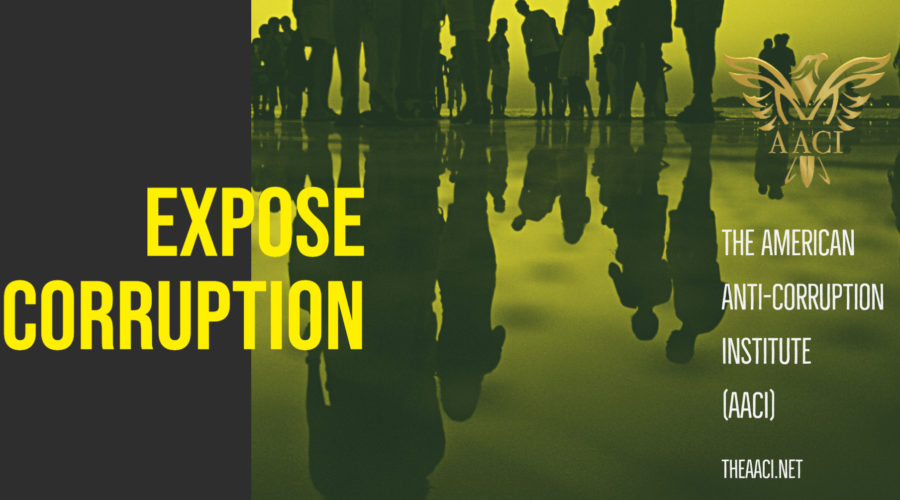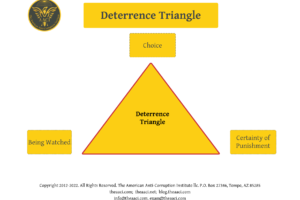Technical Staff
March 19, 2021
In many countries where corruption is the norm rather than the exception, the fight against corruption seems a lost battle. But for corruption fighters, it is the opposite. It is almost impossible to achieve anti-corruption successes unless the public exposes corruption.
Encouraging Public Engagement
The government is responsible for encouraging citizens to report corruption or suspected corruption to proper governmental agencies or civil society institutions. It is also responsible for protecting them from any reprisal. People will expose corruption and report it to proper authorities when:
- They trust the government will act on what they report and bring to justice whoever is involved. In other words, there is no one above the law, and
- They trust their government can protect them from being harmed or killed, and
- They trust that their judicial system is effective and independent.
It is not plausible to ask the public to report corruption to a governmental agency or civil society when they distrust government institutions.
Exposing Corruption
Reporting corruption or suspected corruption by the public is a primary pillar in fighting corruption. Civil society is in the best position to take the lead and engage the public in exposing corruption. But there is no one-fits-all for public engagement due to many social differences. Culture, laws, norms, values, political culture, and the civil society’s maturity, for example, all influence public activism.











































